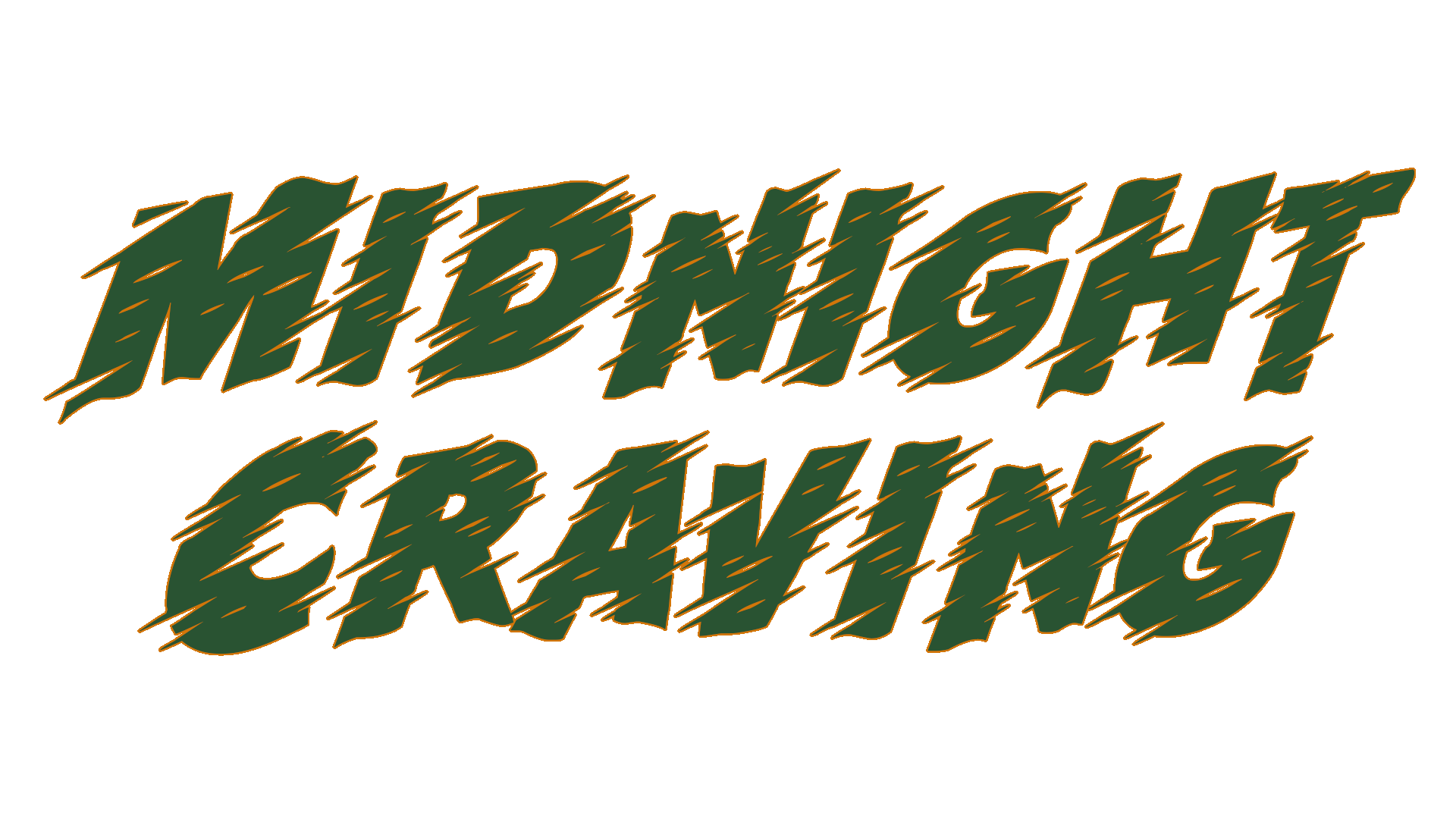Midnight cravings are a common phenomenon that affects many people worldwide. Whether it's a sudden urge for chocolate, chips, or ice cream, these late-night urges can disrupt sleep patterns and impact overall health. If you've ever found yourself raiding the fridge in the middle of the night, you're not alone. This article will explore the science behind midnight cravings, their effects on your health, and practical strategies to manage them.
For many individuals, midnight cravings are more than just a fleeting desire for food. They can be triggered by various factors, including stress, hormonal imbalances, and poor eating habits. Understanding the root causes of these cravings is the first step toward managing them effectively. By learning more about the science behind midnight cravings, you can take proactive steps to improve your sleep quality and overall well-being.
In this comprehensive guide, we'll delve into the psychological and physiological aspects of midnight cravings. You'll discover practical tips to curb these urges, maintain a healthy lifestyle, and prevent potential health risks. Whether you're a health enthusiast or simply looking for ways to improve your nighttime routine, this article has something for everyone.
Read also:Asian Amatuer Lesbian
Table of Contents:
- Understanding Midnight Cravings
- Causes of Midnight Cravings
- Effects on Health
- Managing Midnight Cravings
- Psychological Factors
- Hormonal Influences
- Nutritional Strategies
- Lifestyle Adjustments
- Preventive Measures
- Conclusion and Call to Action
Understanding Midnight Cravings
What Are Midnight Cravings?
Midnight cravings refer to the sudden and intense desire for specific foods during late-night hours. These urges often occur when individuals are trying to relax or sleep. While occasional midnight cravings may not be harmful, frequent episodes can lead to unhealthy eating patterns and weight gain. Research shows that people who experience regular midnight cravings are more likely to consume high-calorie, sugary, or fatty foods.
Common Triggers
Several factors can trigger midnight cravings, including:
- Emotional stress
- Irregular meal schedules
- Lack of sleep
- Hormonal fluctuations
Causes of Midnight Cravings
Biological Factors
Biological factors play a significant role in the development of midnight cravings. For instance, the hormone ghrelin, which stimulates appetite, tends to peak during the evening hours. Similarly, cortisol levels, which increase under stress, can also contribute to late-night eating. Understanding these biological mechanisms can help individuals identify and address their specific triggers.
Psychological Factors
Psychological factors such as boredom, anxiety, and loneliness often drive midnight cravings. Many people turn to food as a form of comfort or distraction during stressful situations. This behavior can create a cycle of emotional eating, making it challenging to break free from midnight cravings.
Effects on Health
Midnight cravings can have various effects on health, both short-term and long-term. Consuming high-calorie foods late at night can disrupt digestion, leading to discomfort and indigestion. Over time, frequent midnight eating may contribute to weight gain, obesity, and related health issues such as diabetes and cardiovascular disease.
Read also:Gabriel Macht Smoking The Iconic Style And Influence On Modern Fashion
Managing Midnight Cravings
Practical Strategies
Managing midnight cravings requires a combination of lifestyle adjustments and mindful eating practices. Here are some effective strategies:
- Establish a regular eating schedule
- Stay hydrated throughout the day
- Engage in stress-reducing activities
- Limit exposure to screens before bedtime
Psychological Factors
Understanding Emotional Eating
Emotional eating is a common cause of midnight cravings. Many individuals use food as a coping mechanism for negative emotions such as stress, sadness, or frustration. Recognizing the emotional triggers behind these cravings is essential for developing healthier coping strategies. Techniques such as mindfulness, journaling, and cognitive-behavioral therapy can be highly effective in managing emotional eating.
Hormonal Influences
Role of Hormones
Hormones such as leptin, ghrelin, and cortisol play a crucial role in regulating appetite and hunger. Imbalances in these hormones can lead to increased cravings, especially during the evening hours. Maintaining a balanced diet, getting adequate sleep, and managing stress can help regulate hormone levels and reduce the frequency of midnight cravings.
Nutritional Strategies
Healthy Food Choices
Choosing healthy, nutrient-dense foods can help satisfy cravings without compromising your health. Opt for options such as:
- Nuts and seeds
- Greek yogurt
- Fresh fruits
- Whole-grain snacks
These foods provide essential nutrients and fiber, helping you feel fuller for longer.
Lifestyle Adjustments
Creating a Sleep-Friendly Environment
Improving your sleep environment can significantly reduce midnight cravings. Simple adjustments such as dimming the lights, keeping the room cool, and avoiding electronic devices before bedtime can promote better sleep quality. A well-rested body is less likely to experience intense cravings during the night.
Preventive Measures
Developing Healthy Habits
Preventing midnight cravings involves adopting long-term healthy habits. Incorporate regular exercise into your routine, prioritize balanced meals, and practice mindful eating. By focusing on overall wellness, you can reduce the likelihood of developing unhealthy eating patterns.
Conclusion and Call to Action
In conclusion, midnight cravings are a complex issue influenced by biological, psychological, and lifestyle factors. By understanding the root causes of these cravings and implementing practical strategies, you can effectively manage and prevent them. Remember, small changes in your daily routine can lead to significant improvements in your health and well-being.
We encourage you to take action by sharing your experiences and tips for managing midnight cravings in the comments below. Additionally, feel free to explore other articles on our website for more insights into healthy living and nutrition. Together, we can create a community dedicated to promoting wellness and mindful living.
References:
- Harvard Health Publishing. (2022). Understanding the Science of Midnight Cravings.
- Mayo Clinic. (2023). Managing Emotional Eating.
- National Sleep Foundation. (2021). The Impact of Sleep on Appetite Regulation.

